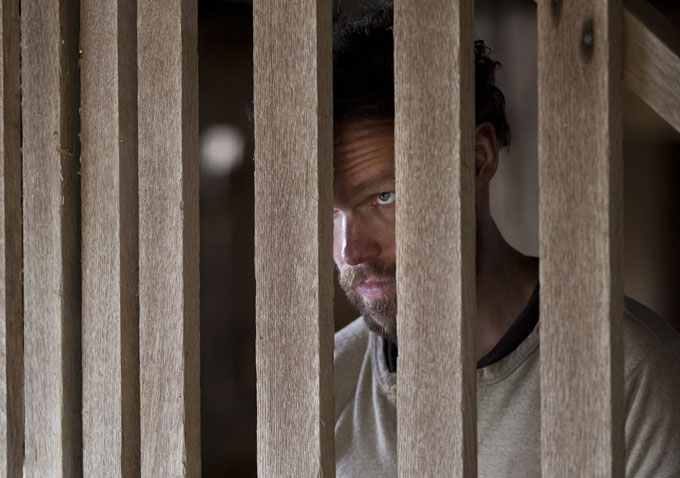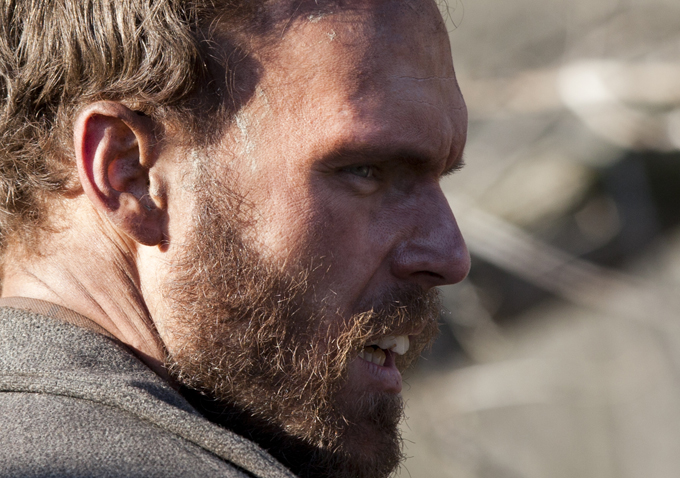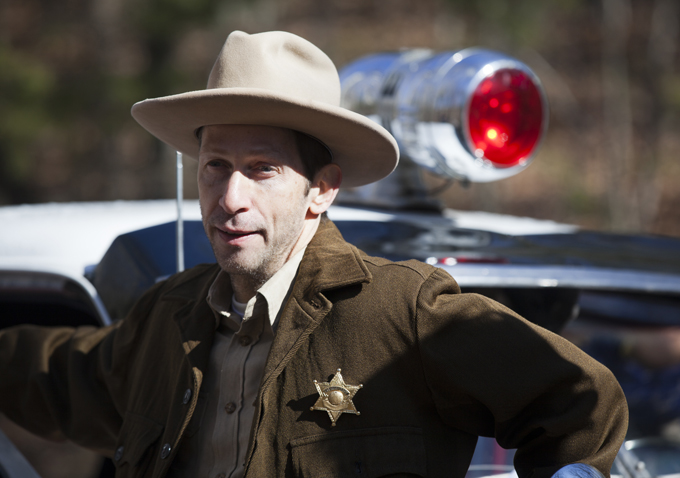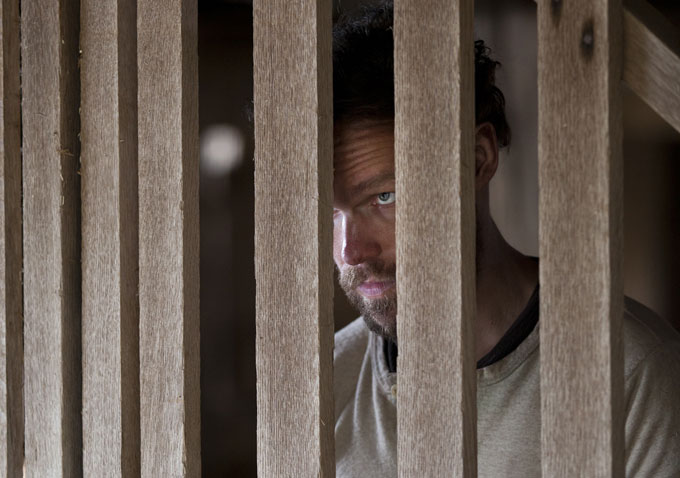 James Franco might not be the first person to debut a film he’d directed at each of the three major European festivals in the same year (Ulrich Seidl recently managed the feat with his ‘Paradise‘ trilogy, albeit not in the same calendar year). But it’s an undoubtedly impressive run, especially given that Franco has spent the same period of time starring in two legitimate blockbusters in the shape of “Oz The Great And Powerful” and “This Is The End,” as well as working on his umpteen other projects of various shapes and sizes.
James Franco might not be the first person to debut a film he’d directed at each of the three major European festivals in the same year (Ulrich Seidl recently managed the feat with his ‘Paradise‘ trilogy, albeit not in the same calendar year). But it’s an undoubtedly impressive run, especially given that Franco has spent the same period of time starring in two legitimate blockbusters in the shape of “Oz The Great And Powerful” and “This Is The End,” as well as working on his umpteen other projects of various shapes and sizes.
He certainly wins points for his work ethic, but reaction to the films so far—”Interior Leather Bar,” which played Berlin after premiering at Sundance, and “As I Lay Dying,” which unspooled at Cannes—has been decidedly mixed. But nevertheless, hopes were high for his latest, “Child Of God,” given that it’s based on a novel by Cormac McCarthy, the Pulitzer Prize-winning author of “The Road” and “No Country For Old Men,” and that it’s been selected for the official competition at the festival. Unfortunately, those hopes, for us at least, were decidedly quashed.
The Tennessee-set tale focuses on Lester Ballard (Scott Haze), a youngish man left to his own devices after the death of his father. The family land is being auctioned off, which he starts to fixate on, as he’s driven into the wilderness. The hard-but-fair Sheriff (Tim Blake Nelson) keeps a careful eye on him, but Ballard is mostly rejected from society, and when he finds a dead woman in a car, he has sex with her and takes her back home for a kind of twisted domesticity. When that body is lost in a fire, Ballard starts trying to replace her.

The eyebrow-raising nature of the material shouldn’t be a surprise to anyone who knows McCarthy’s work, or has been paying attention to the kind of projects that Franco picks to direct. But he hasn’t really found an approach to the novel to make it work on screen, unfortunately. For most of the running time, the adaptation is faithful to a fault—with huge chunks of narration lifted from the book, and even lines of McCarthy’s prose written out on screen. It comes off as unimaginative, particularly combined with a vague visual approach that pairs an often-aimless camera with Christina Voros‘ drab digital photography.
Franco also doesn’t appear to be sure of the tone to take. There’s a lacing of black comedy through much of the second half, but Ballard’s acts are so repellent (without ever quite being as transgressive as they’re perhaps meant to be) that it’s hard to find it funny. It’s not that the director is lacking in compassion towards his subject—there’s some in there—but Ballard’s clearly suffering from a mental illness, and Franco seems to want the audience to find that amusing somehow. The film’s final sequence, set in his cave hideout, is easily the film’s strongest because it’s happy to play it straight.

That scene is unfortunately hampered by an unnecessary and distracting cameo from the filmmaker. Franco can be a very fine actor, particularly when paired with a strong director, but here he’s flat and unconvincing, traits which extend to most of the supporting players. But more critically for a movie that centers so tightly on one figure, Haze simply isn’t good enough as Ballard.
His rodent-like physicality and thick drawl (incomprehensible enough that the film is presented with English subtitles) are effective, but it’s a very mannered and theatrical turn. Flaws with the filmmaking could perhaps have been forgiven for a tour-de-force central turn, but there’s little to learn about the character once the first couple of reels are through.
The whole thing feels sort of tossed off, like it was made by film students over a couple of weekends. And that’s the root of our problem with Franco’s directorial work. His restless and experimental nature is to be lauded to a degree, and you feel that if he were to focus his considerable energies on a single project, then he might be able to come up with something special. Because otherwise, if he can’t make a piece of material like “Child Of God” into something worth watching, we’d probably rather see him spend his time in other people’s movies. [D]
Browse through all our coverage of the 2013 Venice Film Festival to date by clicking here.

